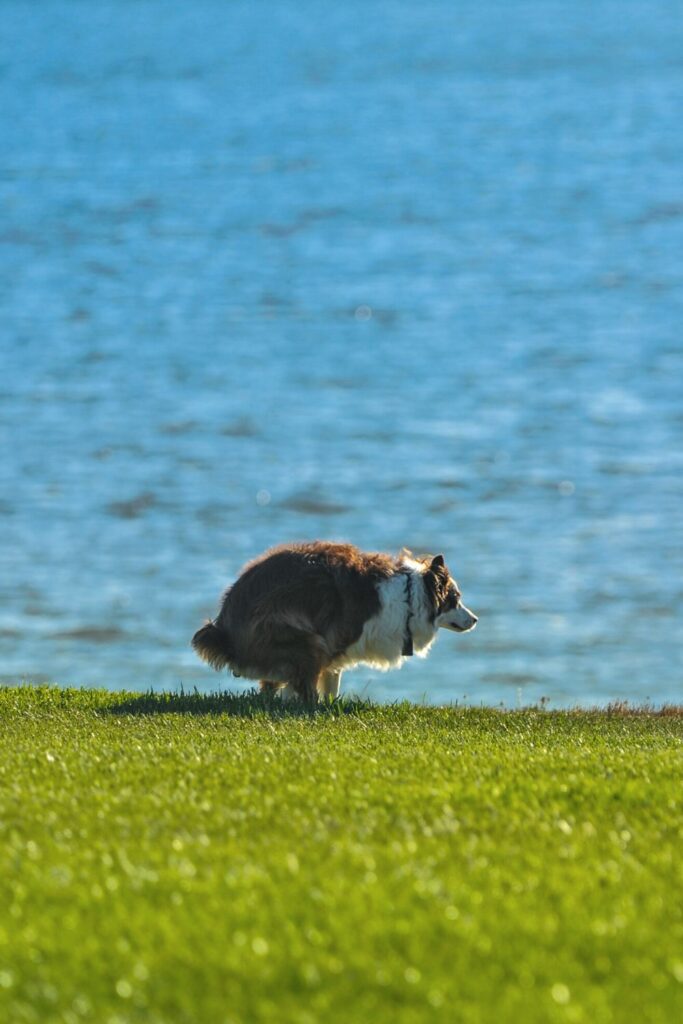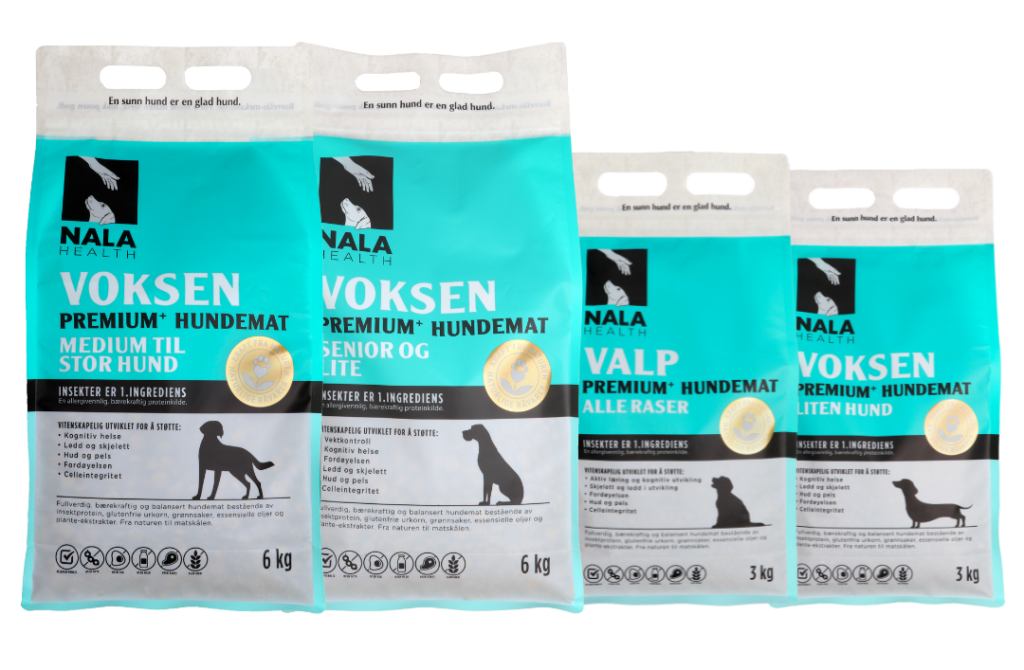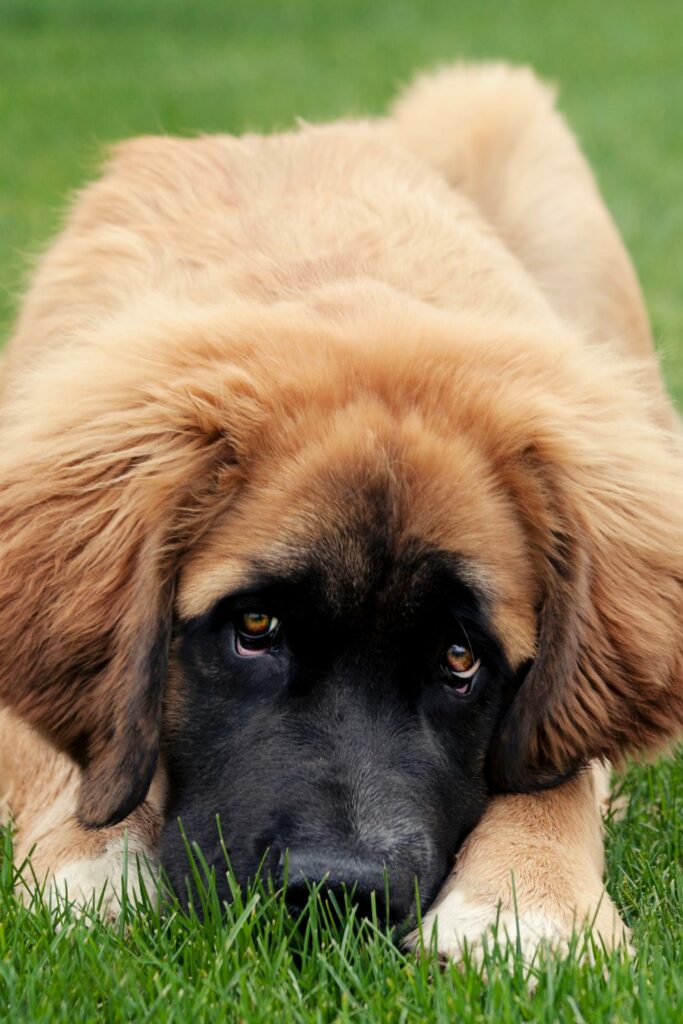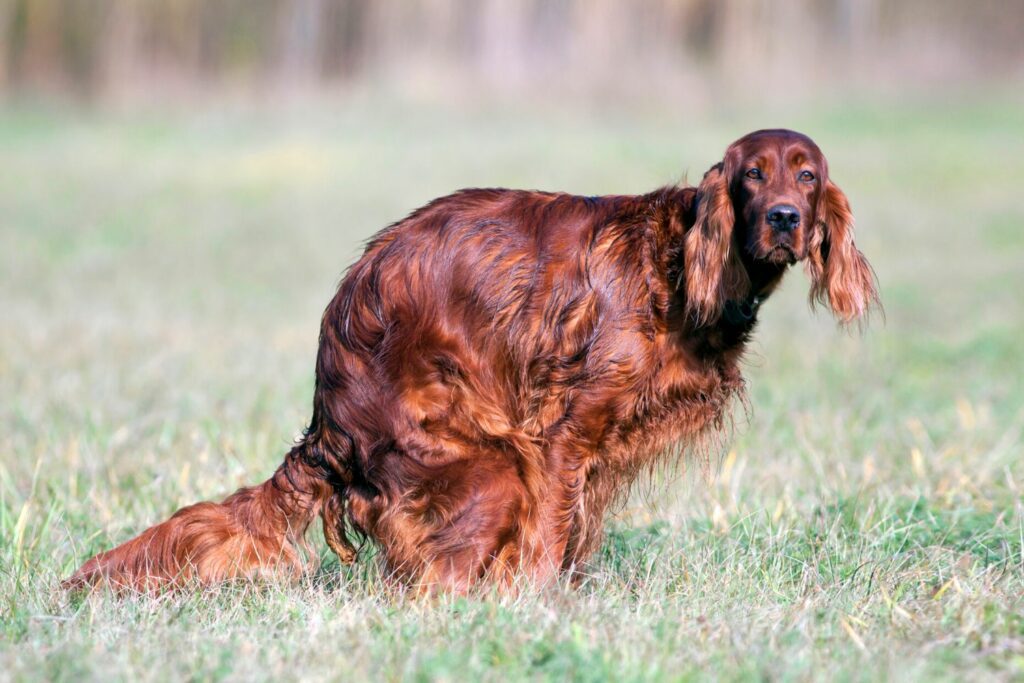How to relieve constipation in dogs
 Cecilie Hemsen Berg
Cecilie Hemsen Berg
Constipation refers to hard stools that are difficult to pass. They will be infrequent and look like small pellets. If no stool is passed, your dog may have an obstruction in their stomach causing constipation. This is a serious condition that will need medical attention. However, common constipation can often be treated with home remedies.
How long can dogs go without pooping?
Adult dogs should pass stool between once and three times per day. Senior dogs might poop once a day and puppies might need to go as much as five times per day. If your dog is eating a diet rich in fibre, this will usually result in more frequent stools. If your dog is struggling to have a bowel movement, it might be due to constipation. If left untreated, it can become chronic leading to obstipation where the stool becomes very dry and hard until the dog is unable to pass stool at all.
Most cases will resolve with mild treatments. Laxatives should only be used with guidance from a veterinarian, especially if they are needed for long periods.

Symptoms of constipation
- Straining without passing much stool.
- Hard, pebble-like stool.
- Lack of defecation for a few days.
- Pain and discomfort.
- May lose his appetite.
Causes of hard stools
Your dog may have difficulty passing stools for many different reasons. Here is a list of a few potential causes. If you suspect a blockage or serious illness, take your dog to the vet immediately. Here are some common causes of constipation:
- Blockages from eating bones, gravel, sticks, garbage etc. Bones, bone meal, and other sources of dietary calcium can also contribute to constipation.
- Poor diet, a diet lacking in fibre or sudden diet changes
- Lack of exercise and/or not being let out to the bathroom often enough
- Age – Elderly dogs seem more prone to constipation.
- Stress or anxiety: Something in the environment can cause a dog to hold it.
- Dehydration or electrolyte imbalances
Relieve and prevent constipation
Water
Make sure your dog has access to clean water at all times, as staying hydrated is the best way to prevent constipation before it starts. If your dog is not drinking anything at all, see your vet. If eating dry food, you can add lukewarm water, homemade bone broth or herbal tea (rooibos tea, chamomile tea, green tea) to hydrate the food.

Exercise
Daily walks stimulate a healthy bowel movement. Exercises like running, fetch, and chase are great ways to promote a healthy digestive tract.
Healthy diet
You can support your dog’s overall health and keep them from battling constipation with healthy eating. Either a low- or high-fibre diet may be needed based on your dog’s specific cause of constipation.
Pre- and probiotics
Fibre comes from plant-based foods, and there are two main types of fibre: Soluble fibre soaks up water, which helps keep the stool soft. Insoluble fibre adds bulk to the stool, which helps it move through the digestive system faster. Many foods contain both soluble and insoluble fibre, and both types of fibre are important parts of a healthy diet. Carrots, apples, chicory roots, oats, berries, lentils, peas, flax seeds, and green beans are some foods that contain fibre. Nala Health contains both probiotics and beneficial fibre to promote a healthy gut.

Laxatives
These may be helpful, but should only be used with guidance from a veterinarian, especially if they are needed for long periods. Never give human medication to your dog as the dosage is often too high and may not be appropriate for dogs. Laxatives should never be given to pregnant dogs.

Other treatments
Other treatment options: Obstipation (a physical blockage) may require hospitalization. Dogs that suffer from anxiety or other behavioural issues causing constipation may need behavioural training and/or medications.
Whenever your dog has a health issue, it is very valuable to keep a diary and write down symptoms:
- The last time your dog had a normal bowel movement.
- Stool consistency and colour.
- Changes in your dog’s diet or routine.
- Have your dog ingested a stick, bone or any other non-food item?
- Straining or other signs of distress or discomfort, especially vomiting, lethargy, or bloating.
- Injuries.
Nature’s pharmacy
Psyllium husks
Mix a SMALL teaspoon of psyllium husks to 1 cup of water and add to your dogs food once a day for a week. Psyllium husk can worsen constipation if you give too much.
Flax seeds
Mix a SMALL teaspoon of flax seeds with 1 cup of water and add to your dog’s food once a day for a week. The flax plant contains low levels of cyanide which makes it toxic in large doses. It can worsen constipation if not taken appropriately.
Coconut oil
A teaspoon of coconut oil per day might help lubricate the intestines. Coconut oil also has other health benefits among which is healthy skin and coat. Nala Health contains coconut oil.

Milk thistle (Silybum Marianum)
Has detoxifying properties that can help clean out their system after suffering from constipation. Milk thistle stimulates the liver to rid your dog’s body of harsh toxins left in the colon from the hard stool and irregularity. The plant is known as a liver-support herb, as well as an antioxidant.
Other beneficial herbs are Marshmallow Root Dandelion Fennel. Herbs can be administered as a tea by steeping them in boiled water and allowing it to cool. Consult with a holistic veterinarian.
Fibrous vegetables
Can also be a daily treat or added to your dog’s meals for a healthy digestive tract: You can for example make a puree of pumpkin, carrots, green beans or cauliflower. Learn what food your dog cannot have here.

Your dog’s stool can tell a lot about their overall health. It is therefore important to monitor it closely. Constipation can happen from time to time and is normally easily treated at home. If you suspect the constipation is caused by a blockage or disease, seek veterinary help. This also applies if your dog has not passed stool for a prolonged time.

